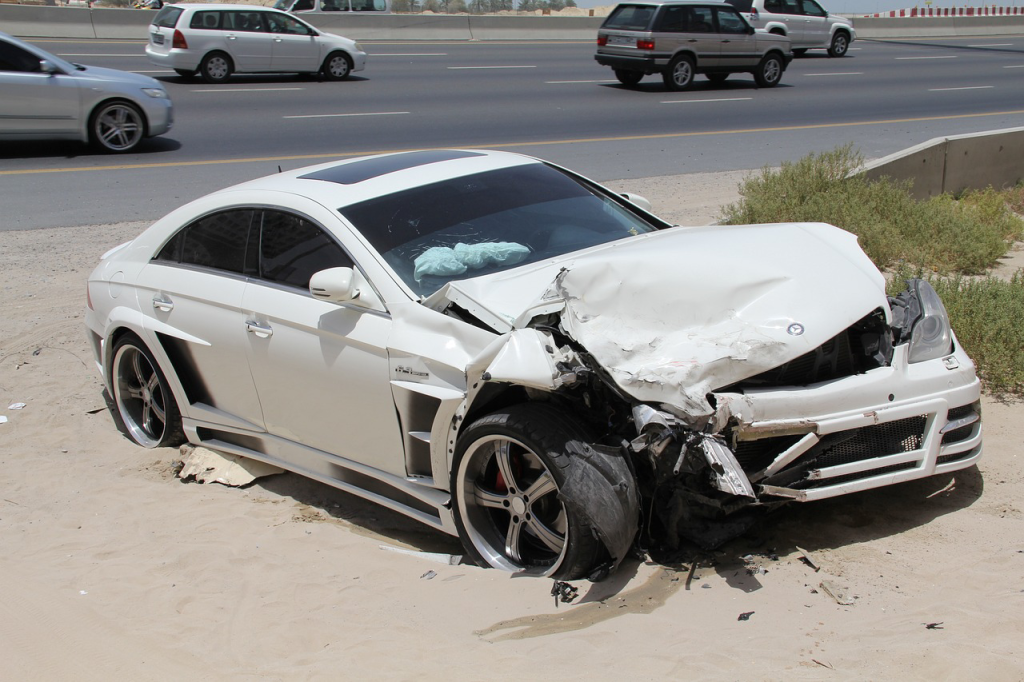
Most car accidents occur because one or more drivers were negligent in their actions on the road. In Florida, no-fault insurance requires you to go through your own auto insurer for an accident, even if you were not the one who caused the crash.
However, disputes can and do arise when there are serious injuries that require more than your PIP provides. In these circumstances, the insurance companies will need to determine who is at fault to see if they will grant that coverage.
This generally leads to disagreements among the drivers involved in the accident. You shouldn’t get stuck with all those medical bills if you were following the rules of the road. This is why you should understand how the insurance companies make a fault determination in these situations.
What Do Auto Insurers Use to Help Determine Fault in an Accident?
Sometimes, there is no doubt who caused an accident, though in other crashes, certain things will be examined to determine fault.
Victim Statements
The first thing the insurance companies will look at when determining fault in an accident are the victim accounts. It doesn’t matter if your recollection of the crash differs from the other party. Your insurer and the other driver’s insurer will use this information to help piece together what happened, though they will use other evidence to draw a solid conclusion.
Police Report Findings
When the police arrive at the scene of an accident, they will fill out a police report. This will include details of what they found, injuries, property damage, and any other factors. The police report is an unbiased piece of evidence that can help insurers determine who may be to blame.
Physical Evidence
All car accident victims are encouraged to take photos and videos to capture the evidence. However, if your injuries were so serious that you were rendered unconscious, gathering evidence in this way may not be possible. Your attorney can help by tracking down surveillance videos, witnesses, and hiring experts for accident reconstruction.
Protecting Your Legal Rights After a Crash
Even though you may not have done anything to cause the accident, it doesn’t mean you won’t be blamed. Insurance companies use an array of tactics to lower the settlement amount. The other driver’s insurer may try to put some of the fault on you, which would reduce the compensation you’d receive. You can prevent this from happening by following these tips.
Never Apologize or Accept Blame
Whether you believe the accident is or isn’t your fault, never say anything that could indicate blame. Let the accident reconstruction experts make that determination, otherwise your words could be twisted into an admission of fault that will affect your compensation.
Get Immediate Medical Care
In some accidents, your injuries may not be noticeable on the outside. Delaying treatment could cause your injuries to worsen, making them life-threatening. If you’re not experiencing an emergency, you can go to your own doctor or an urgent care center rather than the hospital. The point is to get checked for injuries and have them treated promptly.
Get Evidence If Possible
If you are able to take photos and videos, get them from all angles. It helps to do this before the vehicles are moved out of the way to show where they came to rest.
Don’t Wait to File Your Claim
Waiting too long to make a car accident claim could mean the evidence you need is now long gone. It can also result in a denial of your claim from the insurance company.
Don’t Record a Statement
While you will need to inform your insurer of your accident even if you didn’t cause it, you shouldn’t make a recorded statement. You especially should not say anything to the other driver’s insurer, who you have no legal obligation to talk to after an accident. Instead, direct the insurance companies to contact your attorney.
Get a Personal Injury Attorney on the Case
Florida no-fault was intended to simplify things but when you are being blamed for an accident you didn’t cause, you need an accident attorney. They can look out for your best interests and help you protect your legal rights while seeking compensation for your damages.

